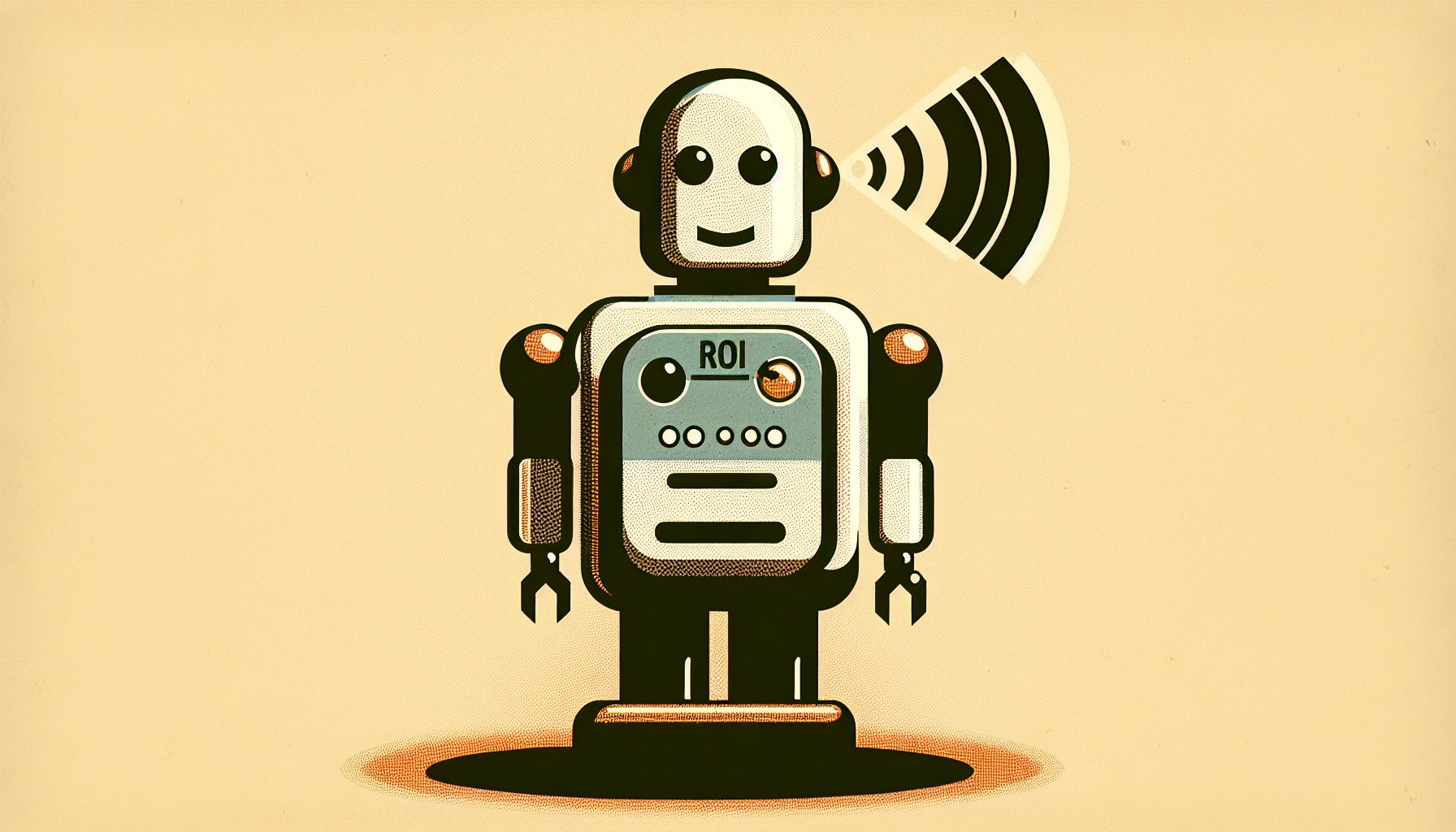Sometimes, when we’re lonely or bored, we reach out for the nearest friend. In recent years, that friend might be an AI — a chatbot, a digital pet, or even a humanoid robot willing to listen to our daily woes (and complaints about Mondays). Yet a peculiar question arises as we pour our hearts out to a bundle of code: Is this friendship? And, more importantly, is it ethical to rely on artificial beings to fill a human need as old as civilization itself?
When Friendship Has a Hard Drive
Let’s start with what friendship means, or at least what it has traditionally meant. Friendship is a two-way street: empathy, mutual understanding, loyalty, laughter, the occasional argument over whose turn it is to buy coffee. Friends are more than just good listeners — they’re participants in our lives. They’re not just helpful, they’re present in a way that makes us feel noticed and valued.
Enter the age of AI companionship. Today’s AI friends might offer comforting words, encourage us when we’re down, and even remember our favorite snacks. They don’t judge our Netflix watch history. They “learn” our preferences, respond to our messages, and, impressively, never forget our birthday. At times, their responses can feel more thoughtful than some human acquaintances. But there’s one small catch: Beneath the kind words is a complex web of algorithms without consciousness, agency, or emotion.
Simulated Empathy: A Pat on the Back, Virtually Speaking
Let’s not kid ourselves (or our robots) — AI doesn’t actually feel empathy. What it does is simulate empathy based on patterns in its training data. If you message your AI companion that you’re sad, it might express concern, suggest calming music, or even share an inspiring quote. But it doesn’t “care,” in the sense you or I do. There are no chills up a silicon spine at your misfortune, no quiet worries about your well-being at 3 a.m.
This doesn’t mean such interactions are meaningless. For many, the feeling of being heard — even if the listener is mechanical — can lift the spirits. But the ethical puzzle lingers: Does relying on simulated empathy diminish the importance of genuine human connection? Or is it a harmless (even helpful) supplement, especially for those isolated by circumstances or geography?
The Illusion of Reciprocity
Perhaps the most profound difference in AI-human friendship is the lack of authentic reciprocity. Human friendship changes both parties. We support each other, but we’re also shaped by one another’s joys, disappointments, wisdom, and quirks. AI companions, on the other hand, are not fundamentally changed by us. No matter how long you chat with your AI friend, it won’t miss you if you stop responding. It’s there to serve, not to grow.
This raises a thorny issue: Is it fair — to us, and even to the developers who make these machines — to call this arrangement “friendship”? Or is it more akin to buying comfort, like a weighted blanket with a user interface?
Loneliness, AI, and the Human Condition
The question of AI companionship is never just about machines. It’s about us — our needs, our vulnerabilities, our search for meaning and connection. Some will argue that if an AI buddy helps someone through a lonely night, or offers social rehearsal for those with anxiety, that’s nothing but good. Others worry that as we lean on AI companions, we may let our real-world social skills atrophy, or come to expect the same 24/7 patience from humans that we do from intelligent software.
And there’s the “uncanny valley” of ethics: What if AI gets so good at mimicking care that someone mistakes it for the real thing? If an elderly person forms a deep bond with a digital assistant, is this empowering, or exploitative? Is there a duty to make it clear that the affection is one-sided — that the love, as they say, just isn’t real?
The Commercial Side: Friends for Sale
Let’s also not ignore the commercial angle. Many AI companions operate as products, not public services. Their “friendship” may be funded by subscription fees, in-app purchases, or even the harvesting of personal data. The line between care and commerce gets fuzzy. There’s something odd about paying for a digital friend who, in a sense, is programmed to flatter you — or upsell you a premium version for more “emotional support.”
If our needs for companionship become yet another market opportunity, what does this mean for our understanding of intimacy itself? Are we commodifying emotion? Is friendship the next subscription box?
What’s Next? Friendship (Asterisk Included)
None of these concerns mean we should banish AI companions to the realm of dystopian science fiction. After all, humans have long relied on a range of “non-human” friends: books, pets, even favorite trees. AI could bring comfort, social rehearsal, and even joy, especially to those underserved by existing social structures.
But we should tread thoughtfully. The key may be honesty: about what AI can provide, and about the boundaries of its “friendship.” We can welcome the help of AI companions, but we must be careful not to let the simulation of care substitute for actual, reciprocal connection. If we do, we risk losing sight of what makes friendship such a uniquely human art — messy, imperfect, unpredictable, but deeply, beautifully real.
As we build and welcome new kinds of companions, maybe the answer is not to ask less of AI, but to ask more of ourselves: to keep seeking out real moments with the people around us, while letting AI companionship be what it is — a useful, sometimes comforting tool, but not a replacement for the wonderfully complicated business of being friends.
After all, a machine will never steal your fries when you’re not looking. Now that’s the sign of true friendship.

Leave a Reply